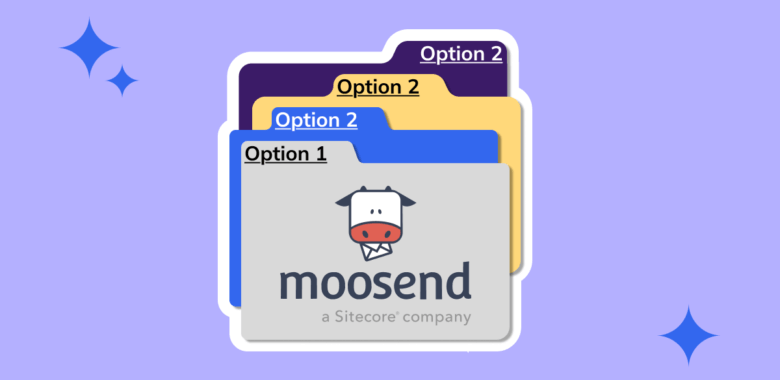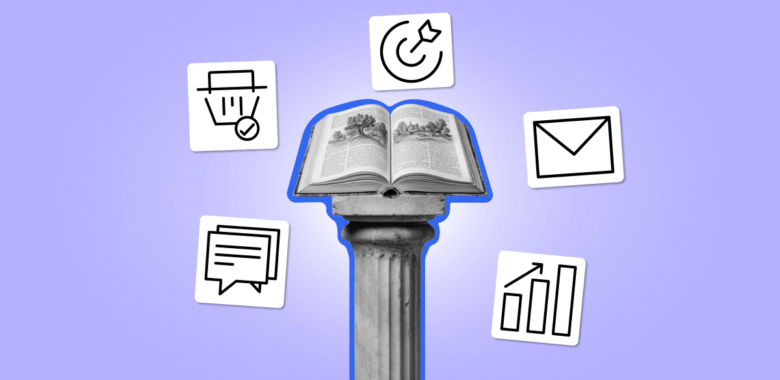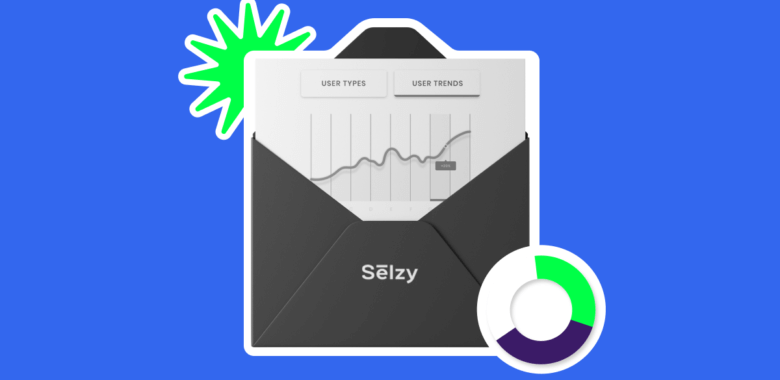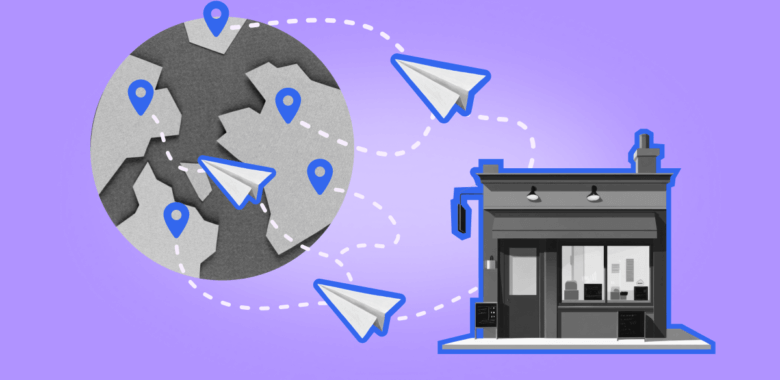Sign up and explore our flexible AI-powered email builder, enjoy 24/7 support even on the free plan, and launch professional email campaigns in 15 minutes.
The best alternatives to Moosend at a glance
| Platform | Free options | Best for | Unique features | Starting price |
| Selzy | Free plan: up to 100 contacts and 1,500 emails/month | Startups; small, medium-sized, and large businesses; e-commerce stores | 24/7 support, AI-powered email editor, analytics | $7.5/month: 500 contacts and unlimited emails |
| Mailchimp | Free plan: up to 500 contacts and 1,000 emails/month (500 per day) | E-commerce, small and medium-sized businesses | CRM integration, email marketing automation, landing page builder | $13/month: 500 contacts, monthly email limit of 10x contact list |
| ActiveCampaign | Free 14-day trial: up to 100 contacts and 100 emails; limited to 1 user | E-commerce, medium-sized businesses | 900+ integrations, dynamic content, lead tracking | $15/month: 1,000 contacts, monthly email limit of 10x contact list |
| Constant Contact | Free 30-day trial: unlimited contacts and up to 100 emails | Non-profits, small businesses | Customer survey feature, engagement heatmap, social media ads manager | $12/month: 500 contacts, monthly email limit of 10x contact list |
| GetResponse | Free plan: up to 500 contacts and 2,500 emails/month | E-commerce, solopreneurs, small to medium-sized businesses | Autoresponders, free onboarding, landing page builder | $19/month: 1,000 contacts and unlimited monthly emails |
| Kit | Free plan: up to 10,000 subscribers and unlimited emails | Bloggers, content creators, marketers | Paid newsletters, landing page builder, subscriber tagging | $15/month: 300 subscribers and unlimited emails |
| Zoho Campaigns | Forever free plan: up to 2,000 contacts and 6,000 emails/month | Marketers, small businesses | Dynamic content, email polls, optimal open time sends | $4/month: 500 contacts and unlimited emails |
| AWeber | Free plan: up to 500 subscribers and 3,000 emails/month | Non-profits, startups, small businesses | Advanced analytics, email split testing, functional free plan | $15/month: 500 subscribers, monthly email limit of 10x contact list |
| Omnisend | Free plan: up to 250 contacts and 500 emails/month | E-commerce, small to medium-sized businesses | 130+ integrations, automation workflows, dynamic content | $16/month: 500 contacts and 6,000 emails/month |
| Klaviyo | Free plan: up to 250 contacts and 500 emails/month; email support for 60 days | Experienced marketers, startups, small businesses | Built-in forms and pop-ups, easy setup, SMS marketing | $20/month: 251–500 active profiles and 5,000 emails/month |


















